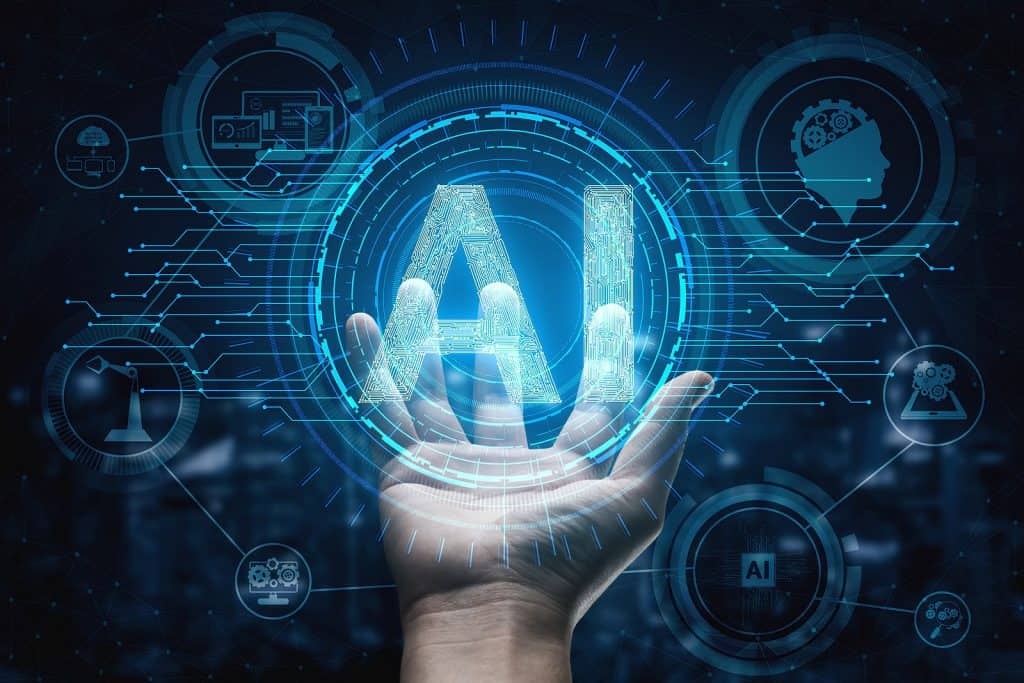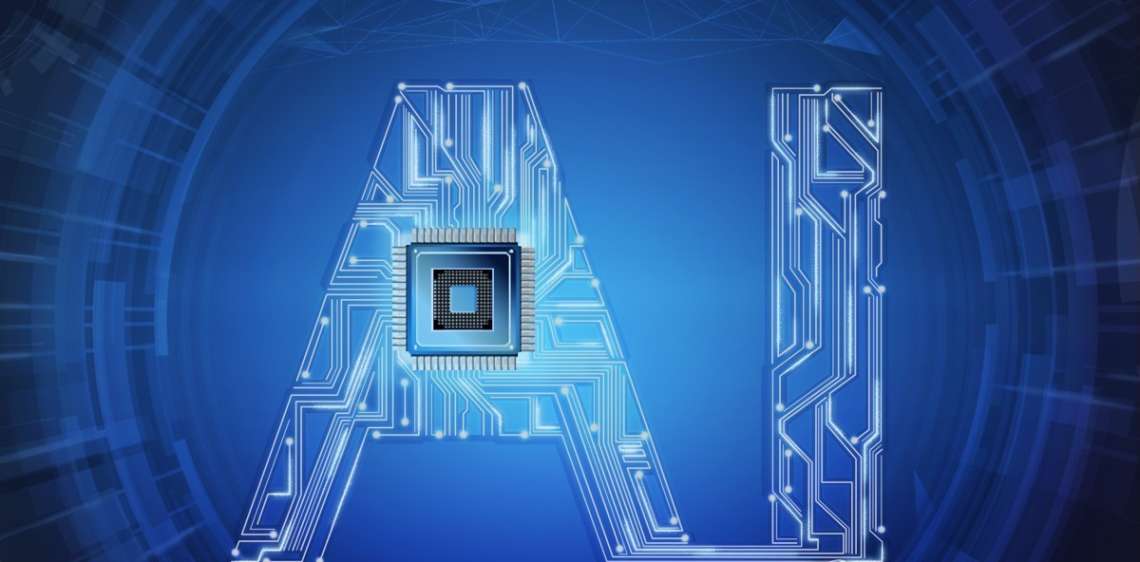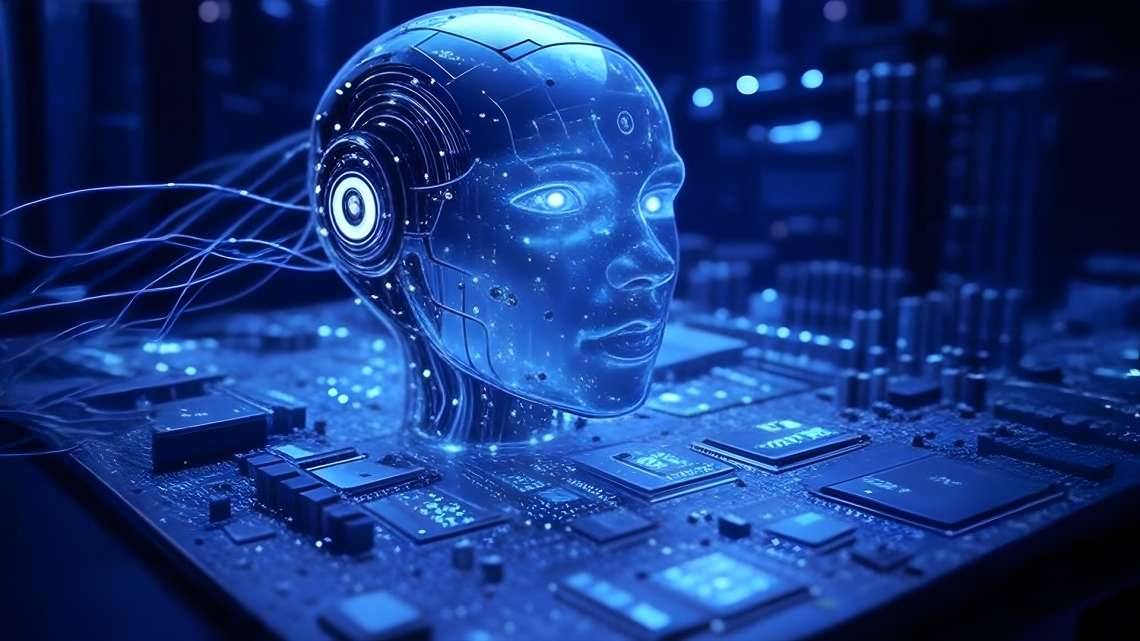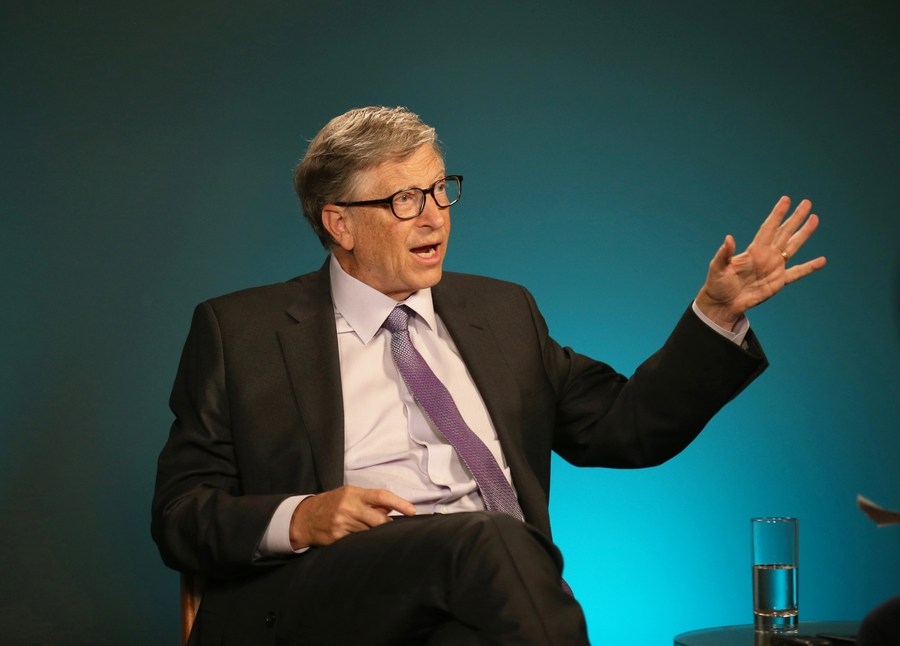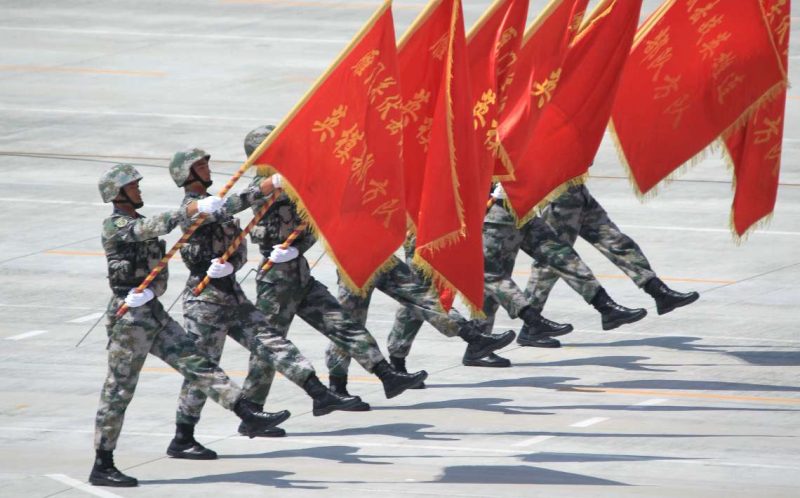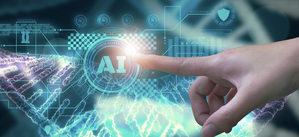From its early days as a mere academic curiosity to its current status as a powerhouse of innovation, AI has undergone significant transformations, shaping the world as we know it, writes Chetanya Mundachali
Artificial Intelligence (AI) has come a long way since its inception, transforming from a fledgling concept to a revolutionary technology that permeates every aspect of our lives. From its early days as a mere academic curiosity to its current status as a powerhouse of innovation, AI has undergone significant transformations, shaping the world as we know it. Pioneers like Alan Turing, Marvin Minsky, and Frank Rosenblatt laid the groundwork for AI’s future advancements that had an impact on the world as we see today. Following are the various sectors where AI has brought in significant changes:
AI in Education
Artificial Intelligence (AI) is transforming the education sector, enhancing the learning experience, and improving outcomes. AI’s applications in education range from personalized learning to intelligent tutoring systems.
AI integration enhances student engagement, improves learning outcomes, increases accessibility, reduces teacher workload, and provides personalized learning experiences.
Challenges and Future Directions
While AI transforms education, challenges remain, including data privacy, equity, bias, and teacher training. Examples of AI-powered educational tools include Carnegie Learning’s Cognitive Tutor, DreamBox Learning’s Math Platform, Coursera’s AI-driven Course Recommendations, IBM’s Watson Education, and Google’s Classroom and Expeditions. By embracing AI, educators can create a more inclusive, effective, and inspiring learning environment.
Personalized Learning Paths: Recommending customized learning routes based on students’ strengths and weaknesses. This is very important since all students from the school to the university level have varied potential with strengths and weaknesses. AI can measure IQ learning curves and can potentially come up with specific digital learning tools to improve learning.
For example, AI-powered learning tools can help and enhance the performance of students with low aptitude for mathematics and similar quantitative subjects
AI in Cryptocurrency and Stock Market
AI has revolutionized stock market predictions, offering tangible results and a decisive edge in the financial landscape. AI-based systems accurately predict stock prices, executing trades within milliseconds, and reducing human bias. AI models provide objective perspectives, free from cognitive biases and human emotions, leading to optimal investment decisions.

AI’s predictive capabilities also enhance market analysis, risk management, and portfolio optimization. Natural Language Processing (NLP) algorithms gauge market sentiment trends, providing traders with valuable insights. AI-powered bots assist users with stock trading queries, streamlining the investment process. AI-powered bots assist users with stock trading-related tasks and queries, quickly understanding and responding to requests. By leveraging AI, the stock market experiences improved efficiency, accuracy, and customer satisfaction.
Enhanced Security and Fraud Detection
The application of Artificial Intelligence in the cryptocurrency market has greatly enhanced security measures. Structurally, AI systems monitor transaction data tendencies and identify potentially fraudulent activities. Despite increasing threats from hackers, such as the ‘WinX’ crypto defraudation by Korean hackers, AI protects and prevents security risks.
The integration of AI in cryptocurrency is a game-changer, offering unparalleled opportunities and challenges. From enhanced market analysis and automated trading to advanced security measures and predictive maintenance, Artificial Intelligence has reshaped the crypto market.
AI in Finance
AI-based high-frequency trading accurately predicts stock prices, executing trades within milliseconds and capitalizing on minuscule price discrepancies. AI models provide objective perspectives, free from cognitive biases and human emotions, leading to optimal investment decisions.
AI offers personalized financial recommendations, considering individual preferences, financial goals, and risk tolerance. AI models analyze historical market data and volatility, adjusting portfolios in real-time to align with changing market conditions and suggesting diversification strategies to mitigate potential risk.
Warfare and Defence
The significance of AI in modern warfare is growing rapidly. The Responsible Use Of Artificial Intelligence In The Military Domain (REAIM) conference in Seoul highlighted the need for responsible AI deployment. AI applications in warfare include autonomous weapons systems, predictive maintenance, intelligence gathering, cyber warfare, and command and control.
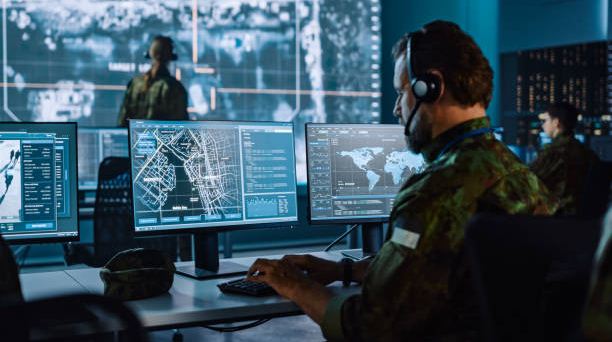
Israeli forces have utilized AI-powered programs such as ”Lavender” and ”The Gospel” to detect enemy movements and monitor enemy territory using AI-powered drones. AI-enhanced sensors improve battlefield awareness, and AI-driven tools detect and respond to cyber threats. Military experts have opined that AI will be instrumental in creating ‘super soldiers’ or military robots in future.
Revolutionising the Gaming Industry
AI has already transformed the gaming industry, with remastering old games using AI being a notable trend. AI algorithms enhance graphics, upscale textures, and improve lighting. AI generates new textures based on original game assets and recreates 3D models from 2D assets.
Famous remastered games using AI include GTA San Andreas (Definitive Edition), Resident Evil series, and Call of Duty series.
As AI continues to expand into new sectors, it drives innovation, creates new opportunities, and demands specialized skills. The responsible development and deployment of AI remain crucial across industries.
Accelerating Human Progress and Growth
The adoption of Artificial Intelligence (AI) continues to accelerate, fostering innovative opportunities and skills. As the culmination of human intelligence and potential, AI relentlessly reshapes the world. AI’s pervasive integration across industries expedites workflows, boosting efficiency and productivity. This surge in AI adoption has sparked unprecedented demand for AI-specialized professionals, fueling a significant expansion in the AI job market. In response, esteemed universities worldwide have introduced cutting-edge AI courses, equipping the next generation with the expertise to harness AI’s transformative power.
As AI assumes a pivotal role in driving human progress, its potential to revolutionize the world becomes increasingly evident. By embracing AI’s limitless possibilities, we can propel societal advancement, redefining the future of various industries and disciplines in the world of tomorrow. Artificial Intelligence has proven itself to be the driving force behind technological advancements and global progress in the 21st century.


